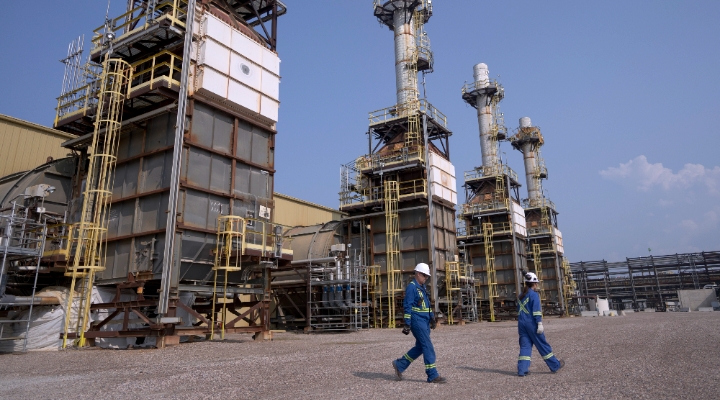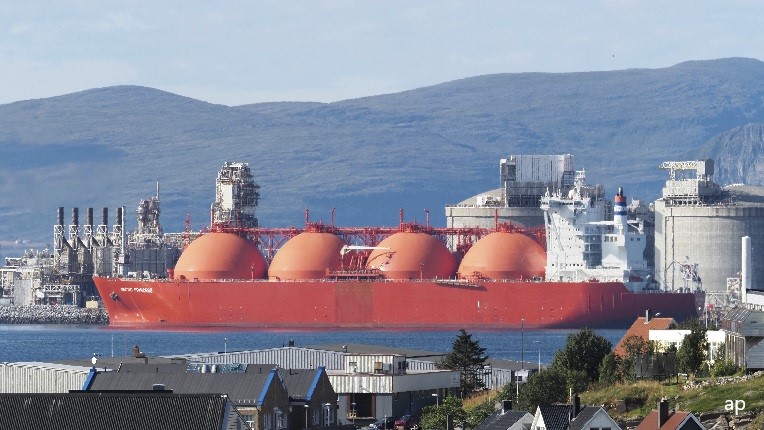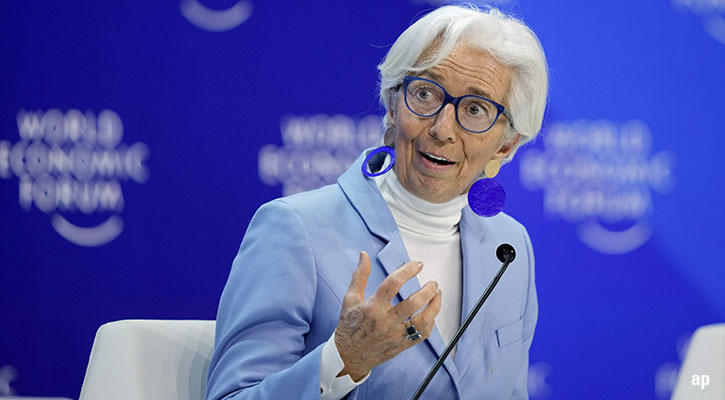Jeremy Glaser: For Morningstar, I'm Jeremy Glaser. I'm here today with senior analyst David Meats. He thinks current oil prices are frothy. We're going to talk about why and what it means for investors.
David, thanks for joining me.
David Meats: Of course. Thank you.
Glaser: Right now, oil is trading at about 25% above where your estimates of where it should be midcycle. What are some of the drivers of this big runup in prices we've seen recently?
Meats: Demand growth has been a lot stronger than we expected. But I think that a lot of the main drivers of the rally are on the supply side. We've seen excellent compliance from OPEC with the production cuts. Venezuela has been a bit part of that, of course, with its production falling by half a million barrels a day since December. Of course, you have the potential, the fear in the market about the impact of the restoration of sanctions on Iran, which could potentially put another million barrels a day of supply at risk.
Glaser: Do you think this is sustainable or are we going to see oil prices come lower?
Meats: You have to think about the impact on the U.S. We haven't really seen the full impact of the U.S. shale growth machine yet. There's probably a hundred more oil rigs active in the U.S. today than there really needs to be to keep the market adequately supplied in the long run. I think that if you don't get the right price signal to those U.S. producers, the growth trajectory that we are on right now is dangerous and could potentially cause a glut down the road. One way or another, I think, you need to see lower prices sooner or later.
Glaser: What's your estimate? Where do you think prices are going?
Meats: In the long run, we think the marginal cost of supply is about $55 a barrel. I think over in the next, let's say, 12 to 18 months, you will see prices drift lower as the market recognizes that full potential of the shale sector.
Glaser: But there's a fair amount of uncertainty here into exactly when we could get to that price?
Meats: In the short term, there's huge uncertainty because on the demand side, you have to consider the impact of a potential trade war, for example or the price elasticity of demand. As gas prices are getting higher, people are less incentivized to put gas in their tanks and take long trips. That could have a negative impact on demand as well. Whereas on the supply side, maybe Iran can circumvent the sanctions since the European partners to the deal aren't likely to participate. Or maybe Venezuela can find a way to recover some of the volumes that it's lost. Really, you can create incredible scenario either for undersupply or oversupply in the next 12 to 18 months. But going beyond that, you really need the prices to move lower or you will be just handing too much share to the shale producers and sending them the wrong price signal to accelerate growth when it's not required.
Glaser: Let's talk about the investment implications here. We've seen a runup in some of these oil companies along with prices. You think that it's mostly unsustainable, but are there any values there?
Meats: Yeah. I mean, that's the issue. With the runup in oil prices, obviously, those are highly correlated with stocks, and that makes a lot of the stocks in the oil sector very expensive as well. There are some pockets of value. We prefer companies that are very low cost and have very strong balance sheets, the ability to tolerate the lower prices that we forecast. One of those names is Diamondback Energy. The ticker is FANG. That's essentially the industry cost leader and it does have that excellent balance sheet, the ability to tolerate prices or really thrive at the prices that we are seeing today. But in general, E&P stocks do look expensive and for the most part, I think, investors are better off waiting for a pullback.
Glaser: David, thanks for the update today.
Meats: Of course.
Glaser: For Morningstar, I'm Jeremy Glaser. Thanks for watching.










.jpg)











